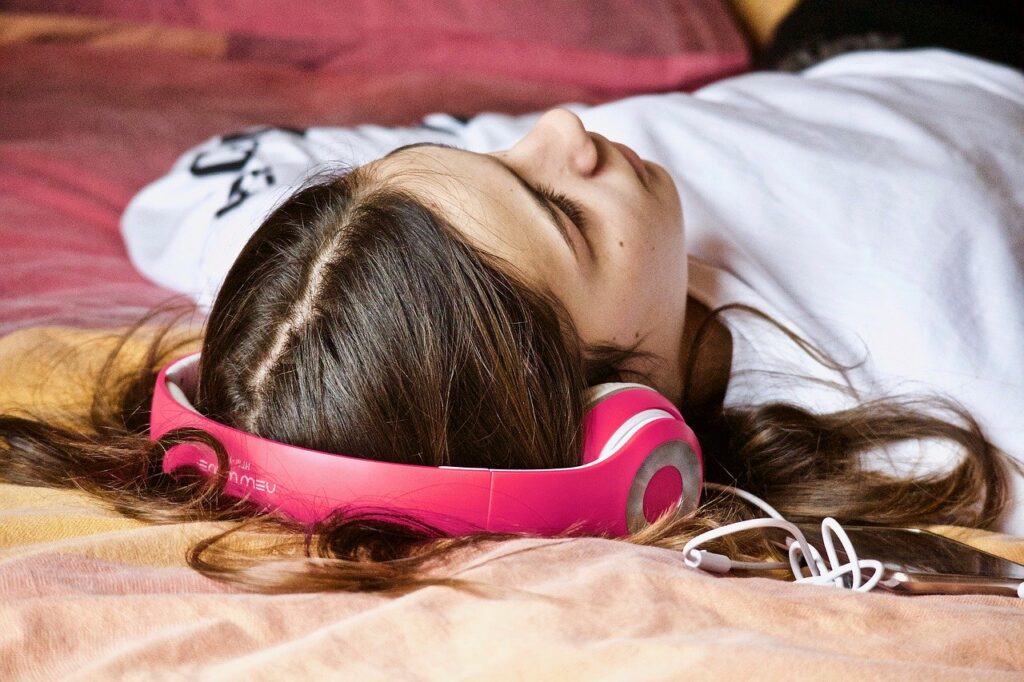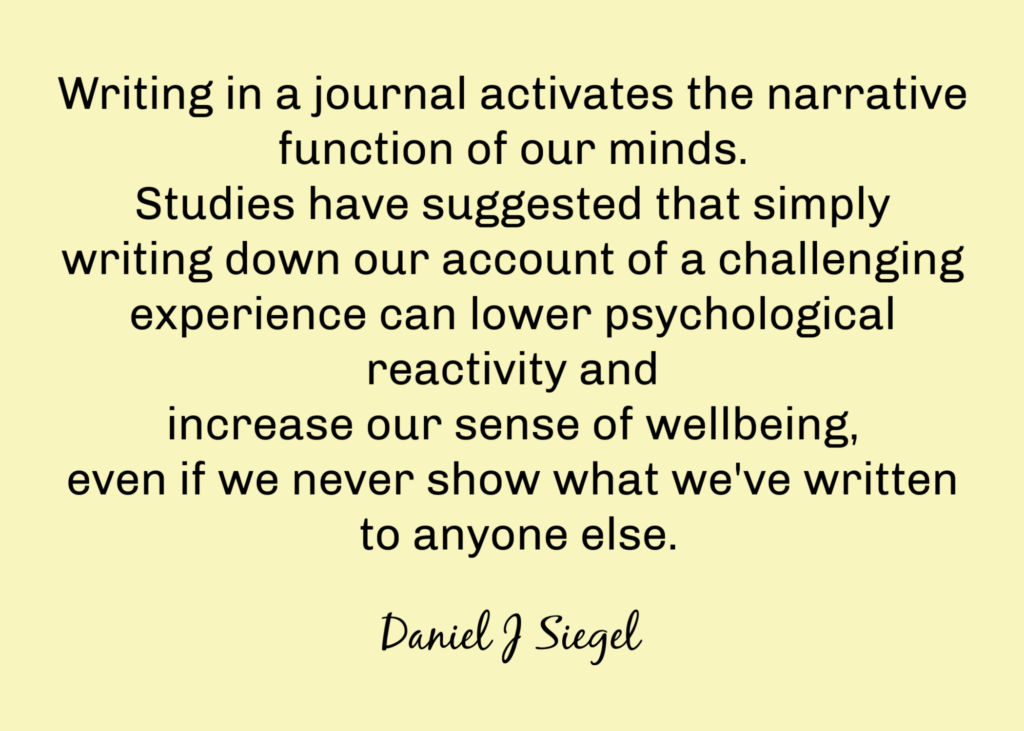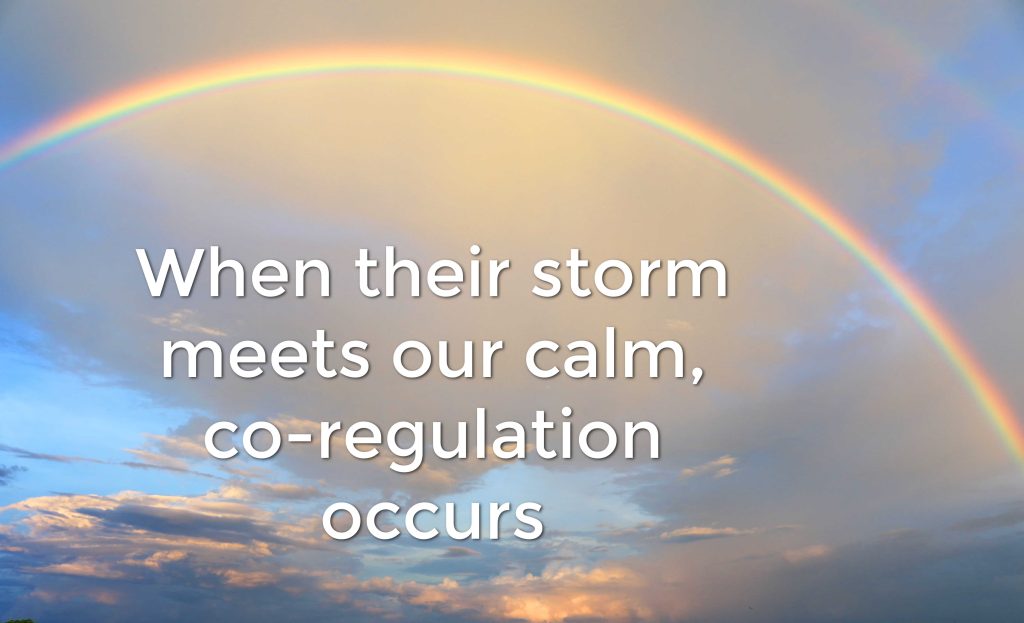Teaching emotional regulation skills for teens is essential if we want them to enjoy positive mental health and an acceptance of life’s ups and downs
If you have ever lived or worked with teens, you know it can be a torrid, emotional time in their lives. Little things can feel very, very big for our kids. Of course, that impacts everyone within range.
Some of you may even have made the mistake my partner made last night. After a comment from her BFF that could have been taken a number of ways, Miss 14 ruminated over the comment long enough to become quite upset. Her well meaning dad eventually said, “Sweetie, just let it go.”
I pause for effect here… because we all know how that turned out!
Let it Go is a great anthem for a Disney film. However, as far as emotional advice goes…it’s terrible.
The inconvenient truth about painful emotions and traumatic experiences is that you can’t let them go. And if you try, you will fail.
Other expressions that are equally as redundant include:
- Get over it
- Move on
- You’re fine
- It’s okay
- Don’t give it oxygen
- Toughen up
- Build a bridge
- Look on the positive side
In each of these cases, we are failing to acknowledge that bad things happen to all of us and they need to be processed and integrated into our experience of being human, especially when we are young and learning.
In reality, We have to let the emotion in!
We can’t rush emotional experiences. They take as long as they take, and that amount of time is different for everyone.
Teenagers are experiencing lots of firsts
We all have these very human emotional experiences, however, our teens are experiencing so many big feelings for the first time. Everything from failing to make the netball team to their first crush, rejection by friends or the death of a pet. With each ‘first’ come new unfamiliar and intense feelings.
As parents and trusted adults it is our job to legitimise those experiences and help kids to understand and regulate those emotions. They are the beginning learners in this sphere and we are their coaches.
Some people argue, “Nobody ever taught me this stuff and I turned out fine.” Maybe so, but wouldn’t it be great if our kids got a head start? Would the world not be better if we had more young people who were emotionally skilled and could process and regulate their emotions?
How to help a teenager regulate their emotions
1. Recognise and name the feeling
Feelings are less overwhelming when we recognise them and are able to name them. It also helps enormously to know that everybody else experiences them too.
This process of familiarisation and labelling begins when kids are very young. However, sometimes we assume adolescents have mastered these skills, when in fact they haven’t. Some adults haven’t!
Avoid the temptation to tell kids how they feel. For example, we may assume a child who has lost a pet is sad because that is how we would feel. They might actually feel angry because their furry friend has left them behind. Listen to understand.
2. Accept the feeling as human
There are no good or bad emotions, just human emotions and we need to experience and accept them all. When we try to push away emotions it never works, they push back even harder. If we accept emotions, they will stay and may play a lead role for a while but gradually we will integrate them into our life experiences and they will become less powerful.
Role modelling this process is important. Talking to kids about the feelings we have and how we recognise them helps. It shows that everyone, ‘even grown-ups’, feel this way. That said, we must be careful in choosing which experiences to share. Adult problems should never become kids’ problems.
3. Self-regulate
Employ self-regulation tools, not to make the feelings go away but to allow them to flow through us more gently. When we see kids experiencing painful emotions, it is instinct to want to make those feelings disappear. To take their pain away. That’s not our role. We need to equip kids with self-regulation tools.
What are self-regulation tools?
Self-regulation tools are the techniques we use to comfort ourselves in times of upset and pain. As small children, our parents did this for us. They coo-ed and patted and cuddled. Emotional regulation tools help us to experience those same feelings of comfort and calming.
Some self-regulation occurs naturally. We might sigh more when upset as it allows more oxygen which is calming. Crying is another normal self-regulation tool, it is an emotional release. Please…never say “Don’t cry” to a child, or to anyone. Usually, we say it because it is difficult for us to experience someone else’s upset, but crying is actually helping them, so let it be.
Other self-regulation tools can be taught. Follow this link for tools for young children.
Self-regulation skills for teenagers
For early adolescents, teenagers school psychologist, Bethany O’Regan, recommends:
- Focusing on the mind-body connection. This can be achieved with activities like yoga, listening to mindfulness apps or body scanning to recognise where in the body the emotion is being experienced. Noticing where we are holding emotion in our body is a step towards accepting that emotion.
- Exercise. Physical activity gets our endorphins flowing and helps us to work out frustration.
- Listening to music. We can choose calming music to soothe us. We can also just choose music we love. Music can lift our mood and remind us that there are still things we enjoy. A good singalong never hurt anybody either!
- Journalling. When we take time to articulate feelings in written form, we foster self-awareness, self-reflection and greater insight into our emotions and patterns of behaviour.
Remember, teens don’t have adult-state brains
No matter how well we model and teach emotional regulation, don’t expect kids to get it right all the time. Their brain will not reach adult-state until they are in their mid-twenties. Until then, the analytical pre-frontal cortex, responsible for sound judgment, will still be undeveloped. This means they will often fall back to the instinctive, emotional responses governed by the amygdala. That’s normal. They will need practise and support.
Most of all, we need to really try not to enter that highly emotional state with them. We have a developed prefrontal cortex. It’s our job to use it. We need to share our calm. That is called co-regulating.
Don’t let it go…Let life in.
Life, with all its ups and downs, happens whether we like it or not. So, we need to teach kids to let it in.
When we let life in, after a while those painful feelings get mixed up with all the other stuff: soccer training, a new friend, a Netflix series you’re loving at the moment, little wins that make you feel a bit special. Thousands and thousands of little bits of life….and time.










